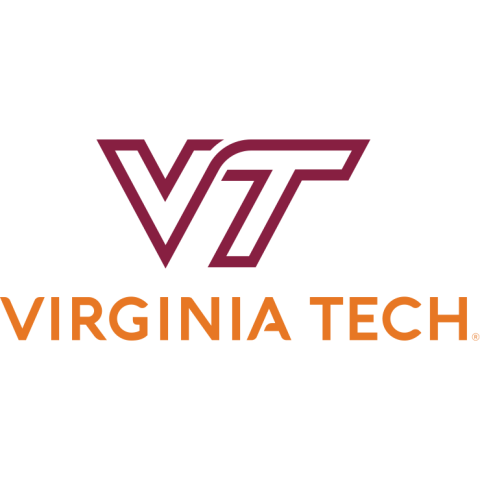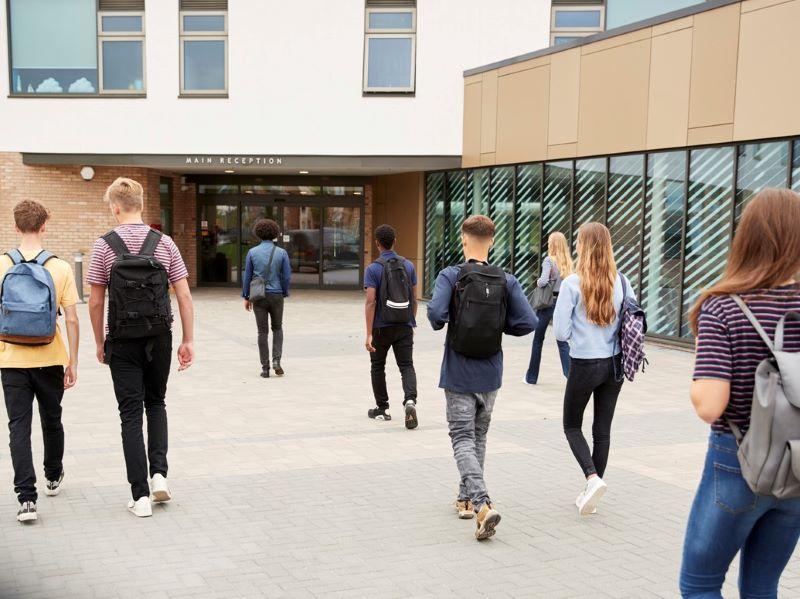
Transforming admissions for first-gen university student enrolment
You may also like
College admissions faculty play a pivotal role in attracting and retaining first-generation university students. I was a first-generation student, and while my parents were extremely supportive, they lacked the experience to guide me on my own path to college. The application and orientation processes were bewildering, but admissions faculty simply assumed that we knew what to do.
Today, in my role as director of undergraduate admissions, I’m able to reduce much of the confusion that first-generation students once felt. I believe it’s a mandate for admissions professionals to serve as ambassadors and facilitators for the enrolment and retention of first-gen students.
- Resilience and empowerment: reframing the narrative for first-gen students
- Community organising: a case study in parent engagement
- Campus webinar: University admissions: a flawed process?
In late 2017, I became interim director of undergraduate admissions at Virginia Polytechnic Institute and State University (Virginia Tech). Mindful of the university’s commitment to diversity, inclusivity and accessibility (and remembering my own challenges as well as reflecting on my 19 years in admissions and enrolment management), I led the team to reinvent the admissions model. My principal focus was on encouraging and empowering first-generation students to pursue their educational aspirations.
Strategies to attract and admit first-generation students
Recognising the unique challenges faced by first-generation students, our admissions team leverages several strategies to ensure a more inclusive and welcoming environment for these students. These include:
Start early
Targeted outreach programmes that specifically engage with first-generation students and their families well before they reach the point of applying for university are crucial. Virginia Tech admissions faculty collaborate with community organisations, high schools and outreach programmes to effectively connect with students. Through workshops, information sessions and outreach events, we outline the benefits of higher education and break down barriers that might impede students’ pursuit of a college degree.
Simplify the admissions process
Our application process is far more streamlined than it used to be, with support and guidance offered throughout the process. For example, I implemented shared application platforms – the Coalition and Common App – to simplify applying. We also offer an early decision on admissions to students, giving them and their families more time to develop a plan. This tailored support helps prospective students navigate unfamiliar territory.
Make applications criteria more holistic
Traditional metrics don’t necessarily fully capture the potential and capabilities of first-generation students, so we restructured the admissions application to be more holistic and inclusive. For example, admissions criteria now encompass diverse forms of achievement, resilience and community involvement. This approach leads to a comprehensive evaluation of applicants’ potential and capabilities beyond standardised test scores.
Reduce the financial onus
Financial barriers often pose significant obstacles for first-generation students. Application fees add up, so at Virginia Tech, we implemented an easily obtained application fee waiver. Beyond that, we offer financial aid packages, need-based scholarships and grants to alleviate the financial burden and make higher education more accessible. We also expanded scholarships dedicated to first-gen students. It’s not enough just to offer these opportunities; we also make sure that students and families know about them – and can readily access them.
Be welcoming
A welcoming and inclusive environment during campus visits and open houses is essential in attracting first-generation students. We offer opportunities for them to interact with current students, faculty and staff from similar backgrounds, and we showcase supportive communities, cultural organisations and resources available for academic and personal development. Every year, we host an outreach weekend for first-gen students and their parents to give students a sense of belonging and offer families the assurance of a “home away from home”.
Be supportive
And be transparent about what is expected of students. At Virginia Tech, we developed specialised support programmes for first-generation students. To wit: we have a first-gen website, orientation sessions, events throughout the year, peer and faculty mentors, a dedicated living-learning community, academic workshops and career counselling that cater to the specific needs and challenges faced by this demographic. We also provide clear and transparent communication on academic expectations, campus resources, time-management skills and strategies for navigating college life.
Evaluate and monitor results
Maintain engagement with enrolled first-generation students through mechanisms such as regular check-ins, surveys and feedback sessions. When we truly understand first-gens’ experiences and challenges, we can adjust policies and programmes to better serve them. Additionally, we monitor key performance indicators to assess programmes’ success. For example, we know that 20 per cent of our incoming class identify as under-represented minority population, up 63 per cent from 2017; Black student enrolment has risen by 80 per cent since 2017.
Implementing and assessing these strategies means admissions faculty can create an environment that attracts, retains and empowers first-generation students to thrive in higher education. These changes at Virginia Tech have resulted in record applications and record diversity, as well as matriculation of the strongest academic incoming class in the history of Virginia Tech. As a result of our efforts, Virginia Tech’s campus is a more vibrant and inclusive campus community than ever before in its storied history.
Juan Espinoza is associate vice-provost for enrolment and degree management and director of admissions at Virginia Polytechnic Institute and State University (Virginia Tech).
If you would like advice and insight from academics and university staff delivered directly to your inbox each week, sign up for the Campus newsletter.




